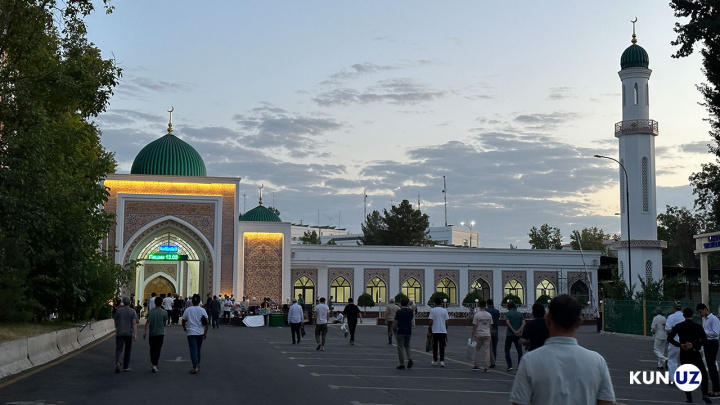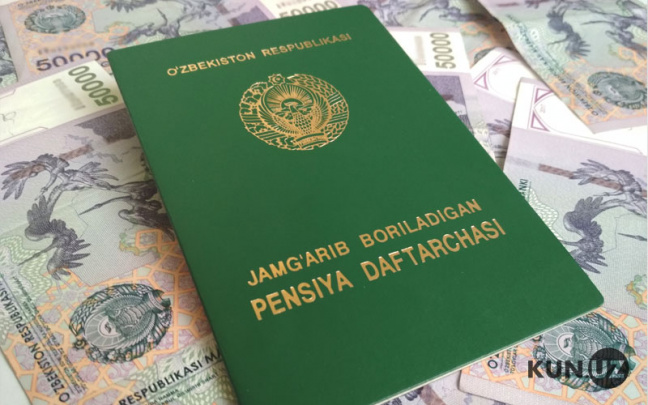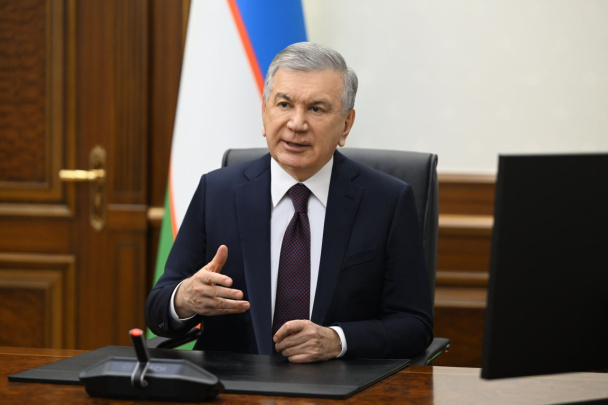People with disabilities in Uzbekistan demand inclusion in decision-making
On International Day of Persons with Disabilities, observed on December 3, individuals with disabilities in Uzbekistan voiced their frustrations, emphasizing that the day is far from a celebration for them. They highlighted societal stereotypes, lack of proper accommodations, and insufficient inclusion in decision-making processes as pressing issues that hinder their full integration into society.
Madina Pulatova, an SMM manager, believes that Uzbek society lacks the cultural readiness to embrace people with disabilities as they are.
"Acceptance of people with disabilities is underdeveloped in our society. This mindset needs to be cultivated from an early age — starting in kindergartens and schools. Without such foundational understanding, adults find it harder to comprehend the realities of living with disabilities. Early exposure would ease integration and foster acceptance," Pulatova said.
Lawyer Mirsaid Mukhtarov echoed this sentiment, emphasizing the need to break societal stereotypes that perceive people with disabilities as ill or incapable.
"Stereotypes persist in society, labeling people with disabilities as 'sick.' Influential public figures must help debunk this myth. When well-known individuals advocate for disability rights and awareness, society gradually transforms," Mukhtarov stated.
According to Abdurakhmon Akramov, Deputy Chairman of Uzbekistan’s Disabled Persons' Draughts Federation, a lack of accurate information about disabilities hinders societal integration.
"Awareness campaigns about disabilities often target people with disabilities themselves, but we rarely see similar efforts aimed at educating the wider public. If society as a whole had a better understanding of disability, integration would not be as challenging," Akramov explained.
Mukhtarov argued that providing proper resources and infrastructure eliminates the need for concessions.
"Privileges often compensate for the lack of opportunities. For instance, while universities grant admissions preferences to students with disabilities, they must also ensure the necessary resources for these students to succeed. Just as classrooms are designed for the general student population, equal facilities should be provided for students with disabilities," he noted.
Similarly, Pulatova emphasized that people with disabilities do not seek special treatment but equitable living conditions.
"We don’t need privileges; we need infrastructure. Moreover, goodwill gestures or events for people with disabilities shouldn't be confined to a specific day of the year," Pulatova remarked.
Akramov underlined the necessity of including people with disabilities in decisions that directly affect their lives.
“There’s a saying, ‘Only the wearer knows where the shoe pinches.’ Policies for people with disabilities often exclude their voices, with decisions made in limited circles. To ensure their needs are met, their participation is essential," Akramov asserted.
While the International Day of Persons with Disabilities is widely observed through concerts and celebrations, participants in these discussions view the day as an opportunity to address challenges and seek solutions.
"This day is often celebrated like a holiday with events and performances, but this approach is superficial, offering temporary comfort. Instead, it should be a day to listen to problems, understand them, and propose solutions," Mukhtarov concluded.
Related News

12:24 / 31.05.2025
Uzbekistan to celebrate Eid al-Adha on June 6

12:33 / 29.05.2025
Uzbekistan to simplify procedure for granting pensions and disability benefits

12:31 / 12.05.2025
Entrepreneurs hiring persons with disabilities to receive subsidies of up to 50 million UZS

12:08 / 29.01.2025




